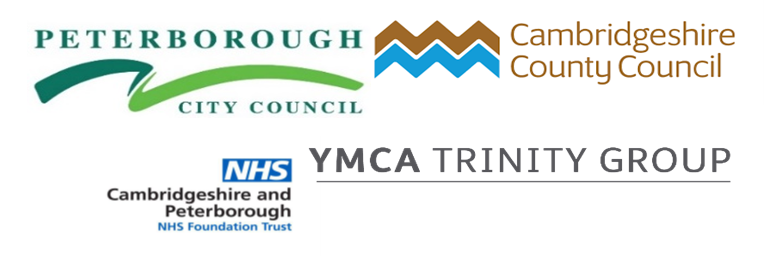A self-assessment tool which supports schools to identify staff training needs and make informed decisions as part of a whole school approach to wellbeing.
It is estimated that one in eight 5 to 19 year olds have suffered from at least one diagnosable mental disorder, therefore it is likely that many more will struggle with their mental health and emotional wellbeing at some point during their school years.
We all have our role to play in supporting children and young people and schools play an important part in supporting young people that may be struggling with their mental health. It is vital that everyone working within a school has an understanding of what mental health is and has the confidence to recognise and respond to common issues.
What is the mental health competency framework?
Local Authority Public Health, YMCA Trinity Group, educational establishments and local NHS services have developed a competency based model of assessment to guide schools and colleges in identifying their training needs. The framework was created to simplify the complex picture of mental health training available. The aim is to ensure staff at all levels have the confidence to support children and young people by building core resilience skills, identifying emerging concerns at an early stage and signposting to appropriate care pathways or interventions where possible. There is no expectation that education staff will diagnose or treat mental health problems.
Click here to download the mental health competency framework.
How do I use the framework?
The framework can be used to understand where current levels of understanding of mental health are within different staffing groups, and to highlight areas for improvement. A starting point maybe to review the tool within a staff meeting or with a smaller group including senior leads (such as the mental health lead).
The framework consists of 3 stages allowing for different depths of knowledge and training for different roles within the school. It offers some considerations of how to identify what training is needed and provides a list of recommended competencies for each stage.
Section 1 is a universal whole school assessment, however, sections 2 and 3 are aimed at staff members who have greater responsibilities for supporting mental health. Therefore, those roles in Section 3 should also complete Sections 1 and 2; and those in Section 2, should also complete Section 1.
To make completion quick and easy the questions are, however, multiple choice. One section should take less than 5 minutes!
To save time and reduce administrative effort, A digital version of the Mental Health Competency Framework is available. The link to a bespoke version for each school is shared to enable easy circulation to staff and automatic collation of the responses. These can be viewed on line as a summary in graph form as well as captured in a spreadsheet to support senior leaders to analyse needs efficiently and plan training programmes accordingly.
To gain access to the link to the digital survey please email:
What Next?
For further support regarding the development of an action plan following completion of the Mental Health Competency Framework, find here a list of resources.
It is recommended, however, that if you wish to speak with someone directly you should liaise with your Mental Health Support Team (MHST) leader (if eligible) or if you are a non-MHST school, then join your local Mental Health Forum, provided through the Emotional Health & Wellbeing Service by emailing [email protected].
Keep Your Head – there is a specific area for schools within the website to facilitate education settings in supporting the emotional health & wellbeing of their pupils. It draws together up to date national guidance for schools from government resources and other organisations alongside local services and provision with guidance on referrals and contact details. There is also a dedicated training page which provides the information on who provides courses to accord with the different stages of the Mental Health framework.
Healthy Schools Whole School Approach resource – A quick and easy toolkit outlining the 8 principles encompassing the Whole School Approach to Mental Health as set out by the former Public Health England. It goes through each principle, explaining how it links to the OFSTED inspection framework and includes a range of local and national resources to help embed a whole school approach across each of the 8 domains.
Mental Health Blueprint – a locally developed resource which is available nationally and is intended for use as a self-auditing and reflection tool. It covers eight sections in line with the whole school approach, with a series of questions in each section.
Senior Mental Health Lead training – If you have not already taken the offer up, you can apply for a £1,200 grant for Department for Education quality assured senior mental health lead training to develop the knowledge and practical skills to embed an effective whole school or college approach to mental health and wellbeing.
The grant can also be used to pay for supply cover to backfill the individual undertaking training, or for further support to sustain your approach to mental health and wellbeing. Schools can access training from a number of DfE quality assured providers including the Cambridgeshire and Peterborough YMCA Trinity Group, which has successfully developed beginner, intermediate and advanced programmes that align with the local mental health offer. More details can be found here.
Any feedback on these resources is most welcomed as The Cambridgeshire and Peterborough Mental Health Collaborative is continually seeking to improve its support to schools and education settings in an attempt to foster good emotional wellbeing and personal resilience in all pupils.
Click here to download the Quality Assurance checklist for Schools.
There are lots of local and national providers that can provide training, some of which are free to access.
In the event of deciding to purchase training, then the checklist can help to ensure that a quality service which is relevant to identified needs is delivered.



